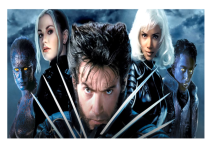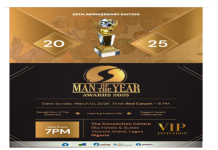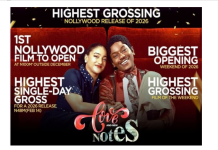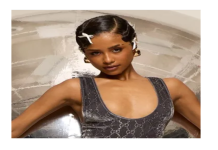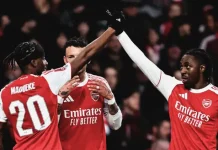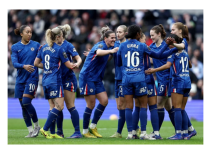Big Brother Naija Season 7 winner, Phyna, recently ignited a storm on X (formerly Twitter) after alleging that some “Yoruba hoodlums” vandalised her car when she refused to give them money.
Her sweeping generalisation quickly drew fire, with critics accusing her of reinforcing harmful stereotypes.
Although she later apologised—admitting her anger got the best of her (“I let my anger get the best of me… just a whole lot going on”)—many Nigerians remain unconvinced.
The Larger Debate: Tribalism in Everyday Nigeria
Publicist Daniel Regha was among those who pushed back, stressing that Lagos is multi-ethnic and it was wrong to single out Yorubas. His critique captured a broader unease: Phyna’s rant is not just a celebrity misstep—it’s a reflection of a bigger issue many Nigerians grapple with.
From casual phrases like “Omo Igbo oshi” to “dirty Yoruba thugs,” tribal generalisations often creep into everyday conversations and jokes. While often dismissed as harmless, they expose an undercurrent of prejudice that surfaces most clearly in moments of frustration.
Phyna’s Emotional Pattern
This isn’t Phyna’s first controversy:
BBNaija Reunion – She lashed out at fellow housemate Chichi, hurling personal accusations about her past and family.
Abortion Comment – She once generalised women’s experiences in an interview, later apologising and admitting her remarks were insensitive.
On Toxic Fame – Phyna has repeatedly described BBNaija as “toxic,” citing pressure and relentless online scrutiny.
A pattern emerges: heated outbursts followed by public apologies.
Mirror, Not Exception
While Phyna’s latest blow-up is louder because of her celebrity status, it forces a national reckoning. Tribal bias, subtle or loud, is not unique to her—it runs through everyday Nigerian life. Her case is less about one woman’s anger and more about the mirror it holds up to society.
Whether or not her apology is accepted, the conversation she sparked reminds us of a sobering truth: sometimes our words carry the biases we don’t admit we hold.

